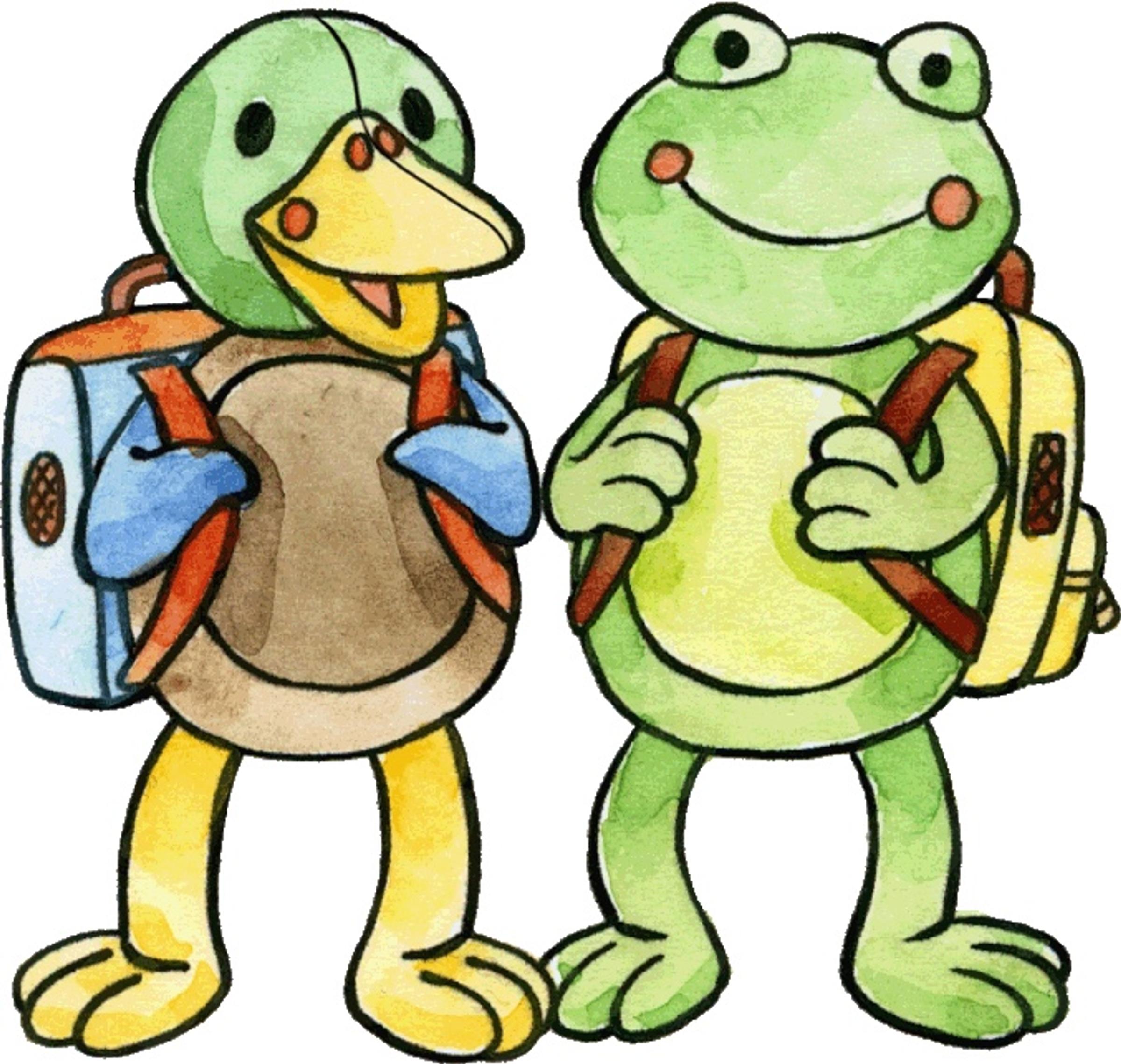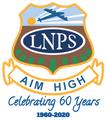Specialist Subjects

German
In German lessons, students use language in context through familiar routines, games, songs and repetition. They exchange greetings and information making connections between English and German. Students will learn with two puppets, characters visiting from Germany, Felix (a frog) and Franzi (a duck). A range of learning experiences will allow students to gain confidence using the language. In the second term we will read Die Kleine Raupe Nimmersatt (The Very Hungry Caterpillar). This is quite a familiar text for children (or will be) and lends itself naturally to explore
vocabulary including times of the day, days of the week, food, colours and adjectives.
Please encourage your child(ren) to tell you about what they have been learning in German. See what they can teach you!
(Frau) Libby Edwards (Morphett 22 Mon-Thurs)
elizabeth.edwards559@schools.sa.edu.au
Greek Language Program
Science
Students in their first years of schooling learn Science through experience. We provide opportunities for them to express their understanding and interests through a combination of play and inquiry. This is underpinned by the development of skills in Science lessons, school generally and everyday life. During Semester One students will investigate how different materials are used and can be changed in different ways. This will lead to further inquiry including that push and pull affects how objects move and change shape. Students also have opportunities to learn how other cultures explain the natural world and solve common problems.
One crucial strategy we use for students to share and develop their ideas is called Think-Pair-Share. This requires students to think quietly about the intended learning outcomes and share with a partner. Pairs then join with others to form larger groups and continue their discussions. These ideas are recorded in a variety of ways including Y charts, Venn diagrams and fish bone diagrams. Reflection time is a vital stage in learning where students are expected to respond to questions and, when relevant, pose their own questions. These interactions develop students as social learners and build a democratic learning environment where students value each other's contributions to learning and contribute to their personal development.
Students gather information in a variety of ways during Science lessons. They conduct investigations using primary sources, which requires investigating and gathering their own data. They also refer to secondary sources such as books and video footage to develop their understanding. Students use graphs, diagrams and posters, and other aspects of numeracy and literacy to represent their findings and clarify their ideas. This leads to an understanding of the importance of evidence based reasoning and the development of critical and ethical thinking.
When students are given the opportunity to take risks, try new ideas and challenge their own beliefs they become more engaged in the intended learning. We guide them through the learning using a teaching and learning cycle that supports students to build on prior learning, explore possibilities, explain their thinking to others and apply this learning in new contexts. We encourage students to evaluate their own and others’ contributions and reflect on what they might need to progress further in their learning journeys.
Sonja and Andrew.
Andrew.morris106@schools.sa.edu.au
Sonja.Jovanovic687@schools.sa.edu.au
